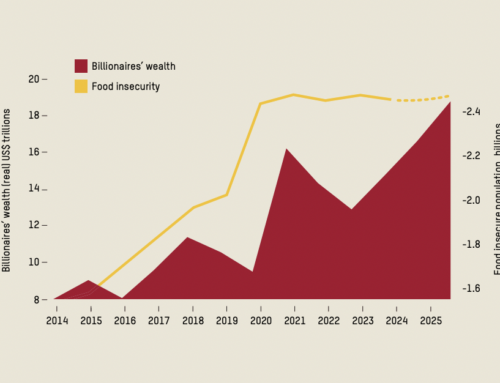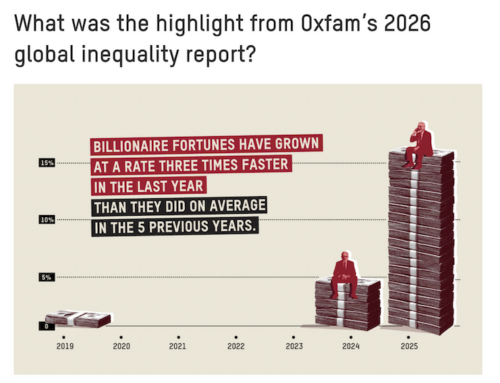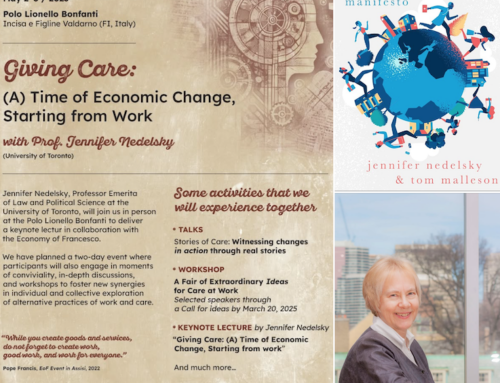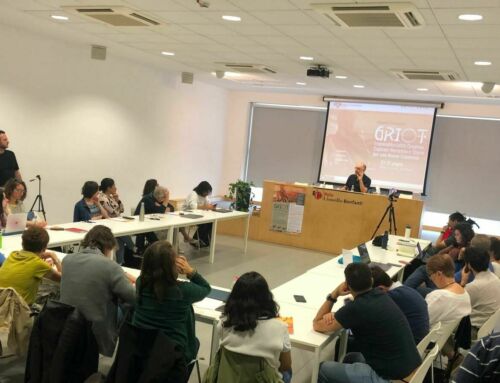Notes on Part-Time for All: A Care Manifesto
by Ida Marie Munck & Paolo Santori
published on Springer Nature Link, International Review of Economics, Journal of Civil Economy – April 5, 2025
Abstract
This short paper builds upon the recent work by Jennifer Nedelsky and Tom Malleson, titled Part-Time for All: A Care Manifesto. The authors present a strong case for reimagining modern societies with a focus on care norms and practices. Care is intrinsically valuable and should not be exclusively linked to gender or perceived merely as a secondary concern in relation to work. Nedelsky and Malleson envision a society where everyone engages in paid part-time jobs while also participating in unpaid part-time care activities. We support the goals outlined in the book. To enrich the discussion, we highlight two aspects that, in our opinion, were briefly mentioned but are crucial for advancing toward a part-time model accessible to all: the importance of self-care and the connection between care and spirituality.
1 – Introduction
Conversations on care and work have been ongoing at least since the concept of unpaid care work was formalized in feminist theories in the 1980s. While different models of structuring care and work have been discussed (e.g., universal breadwinner model, wages for housework, etc.), few proposals have been as radical and as ambitious as Nedelsky and Malleson’s project of Part-Time for All (PTfA).

In Part-Time For All: A Care Manifesto, Nedelsky and Malleson propose that the norms around work and care are restructured so that everyone works part-time (no more than 30 h per week) and practices unpaid care regularly (no more than 25 h per week). The idea is that this restructuring would alleviate four central problems in contemporary societies: Unsustainable stress on families, persistent inequality for women and others who do care work, policymakers who are ignorant about the care that life requires, and time scarcity (Nedelsky and Malleson 2023, p. 1). The manifesto is a vital contribution to the ongoing feminist discourse on the significance of care work, although the project of improving gender equality in care and work would benefit from incorporating certain nuances. In this small contribution, we discuss two issues we think were too rapidly addressed in the book.
On one hand, we examine the connection between care and self-care. Specifically, we emphasize the importance of teaching self-care as a means to challenge existing damaging patriarchal gender norms. On the other hand, we discuss the connection between care and spirituality. Nedelsky and Malleson accidentally mention spiritual life as one of the constitutive elements of human beings, but they do not focus on how care should be related to it.
This paper does not criticize the Part-Time for All project. Instead, our goal is to provide additional elements that we believe are essential for transitioning to societies where care is standard, not exceptional. To this end, we have organized the paper into three sections (in addition to the Introduction). Section 2 summarizes key points from Nedelsky’s and Malleson’s book, showcasing its strengths. Section 3 focuses on the concepts of care and self-care, while Section 4 addresses the importance of spirituality in care practices. We will conclude with final remarks.
2 – A care manifesto
The book is structured into four chapters: Care, Work, Transitioning, and Feasibility. In the introduction, the authors delineate four problems related to the current structures of work and care. First, families are stressed under current unsustainable norms of work that leave insufficient time for care. Second, under current norms, the male breadwinner model is still dominant in most societies. This means that while men practice paid and socially recognized work, care responsibilities are invisible and disproportionately placed on (those read as) women, both working and non-working.1 Thirdly, the authors argue that private investors, CEOs of firms and those in government and management – in other words, those in power to determine care policies directly or indirectly – have little experience of the “demands, satisfactions, or importance of care taking.” (Nedelsky and Malleson 2023, p. 9). This means, ultimately, that they are unfit for the task of making care policies. Meanwhile, those who do have experience with practicing care (primarily women) do not often have access to high-level policy-making positions. Fourth and finally, the experience of time as a scarce resource impairs people’s judgement, creativity, basic efficacy, and health (Nedelsky and Malleson 2023, p. 11). The authors argue that these four problems would be mitigated in the model of PTfA.
In the first two chapters, care is conceptualized as the “relationships and activities involved in maintaining people on a daily basis and intergenerationally.” (Nedelsky and Malleson 2023, p. 33) This includes practices such as basic labor like grocery shopping, cleaning, and cooking, as well as more abstract concepts like cultivating people’s relationships and social connections. (…)










